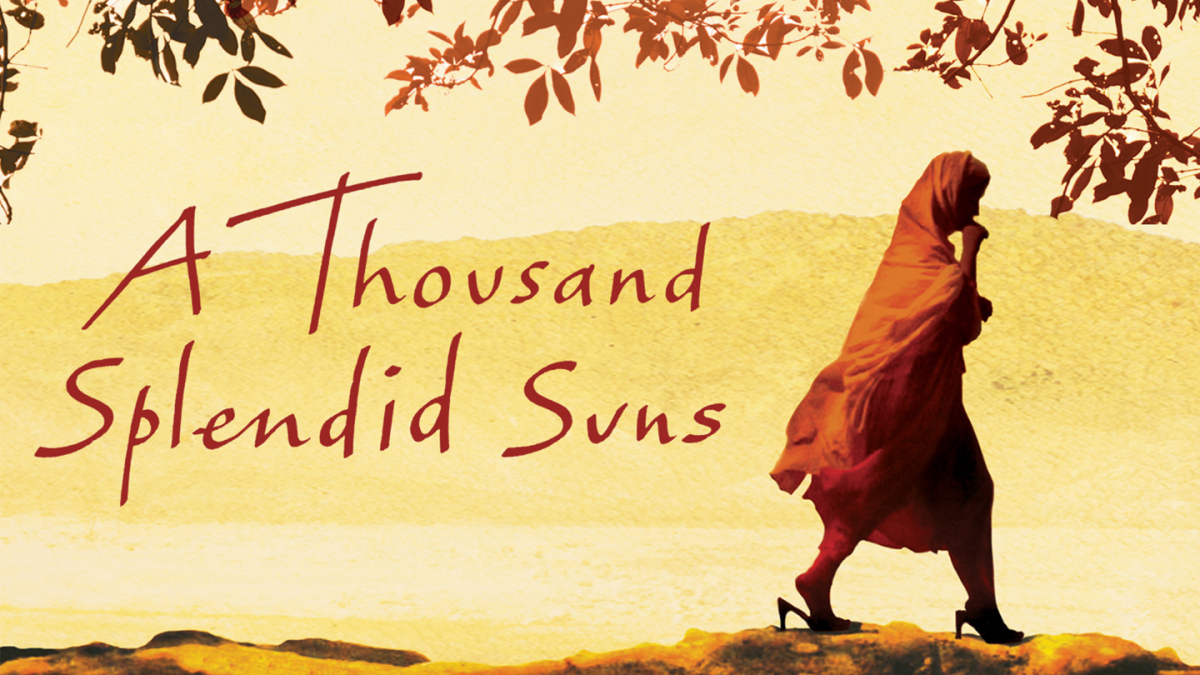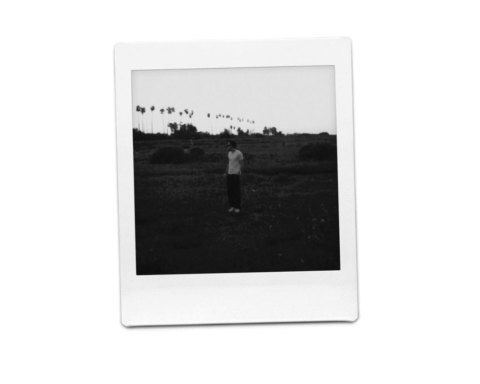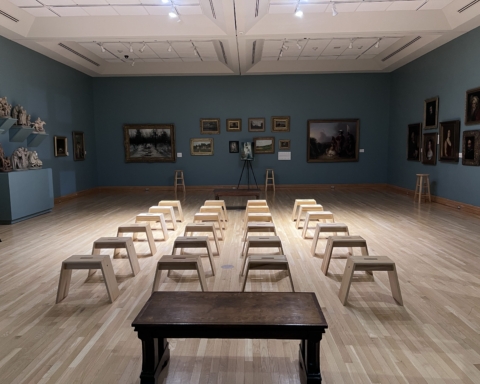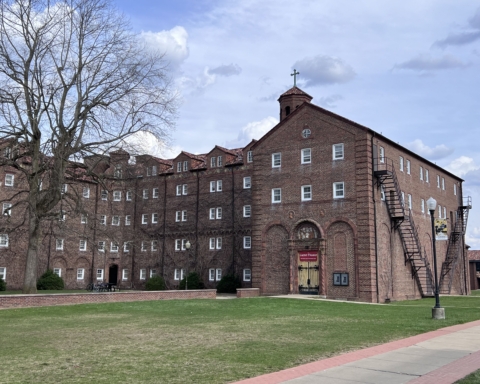Book battles topics such as abusive relationships and marriage
It’s no secret that feminism is prominent in America, but it has not reached every part of the globe. Some parts of the world still see women as property, as somehow inherently sinful or shameful. Khaled Houssani’s novel “A Thousand Splendid Suns” is a gut-wrenching story of how a misogynistic society impacts the lives of the two protagonists. The story is set in the Middle East and shows how compassion and strength can overcome anything.
The story begins in the childhood of the initial protagonist, Mariam. Mariam’s mother, Nana, became pregnant with Mariam out of wedlock, and worse yet, with a married man. Mariam is isolated in every sense, living out of town, having no friends and bearing the title ‘harami’ or ‘bastard.’ Her mother suffers from seizures, which makes her unmarriable in the eyes of society. Mariam longs for a relationship with her father, Jalil.
After an argument with her mother, she runs off and waits for her father to let her into his extravagant home. He leaves her outside, cold and hungry, as he does not want to be seen with his illegitimate daughter. Eventually, he sends a driver to pick her up and take her back to her isolated home. But on arrival, the driver cries for her to look away. Mariam disobeys and is confronted with the sight of her mother hanging from a tree, having killed herself at the thought of her child abandoning her as society had.
After the suicide of Nana, Jalil at last takes Mariam in, and she stays with him, his wives and children, until she can be placed into a new home. However, this doesn’t last long, as Jalil promises his daughter to an associate of his named Rasheed. Mariam, still very young, is quite upset. She feels that she is being abandoned, sold to a stranger that she doesn’t know. She is also anxious that Rasheed will find her ugly and will not want her. But she is nevertheless married and moves in with her husband, who is double her age.
Rasheed is revealed to have had a family before, a wife and a son, but they both tragically died. He wants to conceive a new child with Mariam, hoping for a boy. She eventually becomes pregnant, and Rasheed is ecstatic for a new heir. However, Mariam miscarries the child, likely due to how young she was to be pregnant. The miscarriage leaves her infertile.
When Rasheed discovers that she cannot bear him a child, his temperament quickly changes. He begins to severely abuse Mariam, beating her with a belt, choking her and even making her chew on rocks for not cooking rice to his liking.
The second part of the story features Laila, who is beautiful, educated and well-off financially. However, things are not all well, as a war has broken out between the reigning powers and the rising Taliban. Laila’s family, realizing how bad things are becoming, plans to escape.
Her closest friend, Tariq, is an amputee, starkly contrasting her nearly perfect appearance. However, their friendship evolves to something much deeper, and before her family plans to depart, she gives her virginity to Tariq.
As Laila and her family set to leave, a missile crashes into her home, instantly killing her family. Laila awakes several days later in a stranger’s home. She soon finds that her saviors’ names are Mariam and Rasheed.
Despite still recovering, Rasheed tells Laila that it’s improper for a woman who is not his wife to stay in his home, and if she expects further care, she must become his wife. Laila is left with little choice, as she soon notices changes in her body, changes that mean that she is pregnant with Tariq’s child. For the sake of her and her illegitimate child, she marries Rasheed. He is pleased that she is so soon pregnant, having not realized that she was pregnant with a child before they were wed. He is, once again, excited for a child. But he is enraged after the baby is born, as it is a girl, who Laila names Aziza.
As with Mariam, Rasheed becomes abusive toward Laila. At one point, he is so infuriated with his wives that he locks them and Aziza away, depriving them of food and water, nearly killing Aziza. After such a horrendous incident, Laila is totally submissive to Rasheed.
Despite their horrible circumstance, Mariam and Laila grow increasingly close, protecting each other from their wrathful spouse and caring for their children. Thus, they continue trying for a baby boy. Eventually, she bears him a child, a son, that they name Zalmai.
Poverty takes over the land, leaving Mariam and Laila’s family poor. Out of spite and desperation, Rasheed sends Aziza to an orphanage. Laila attempts to visit her daughter, but this is after the Taliban takes over, and women are forbidden from appearing in public without a male, so she is beaten as punishment several times.
Eventually, Tariq finds Laila again, and their love for each other has not died. Zalmai confesses to his father that Laila has been seeing another man, which sends Rasheed into a true rage. He begins to strangle Laila, but is at last stopped when Mariam beats him to death with a shovel.
This presents an entirely new problem, as they know no matter what they say or do, they will be severely punished. Mariam decides to protect Laila and take full blame, so that her dear friend and her beloved children may live free. Mariam turns herself in and is put to death for her crime. But, she dies with a smile, knowing that she has loved Laila truly, and that she will be safe and loved by Tariq. Laila, Aziza and Zalmai escape with Tariq and hide away until the fall of the Taliban. Laila becomes a teacher and pregnant with a third child. She decides that if it be a daughter, she will name her Mariam.
Ultimately, the story is wonderful, inspiring and heartfelt. It is a story of how love can overcome everything, even a ruthless society.
By Anastasia Smith, Staff Writer
smithan18@bonaventure.edu






